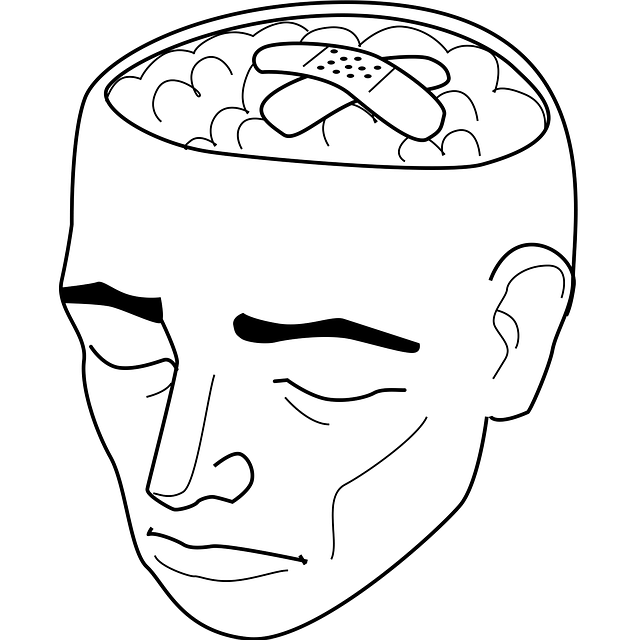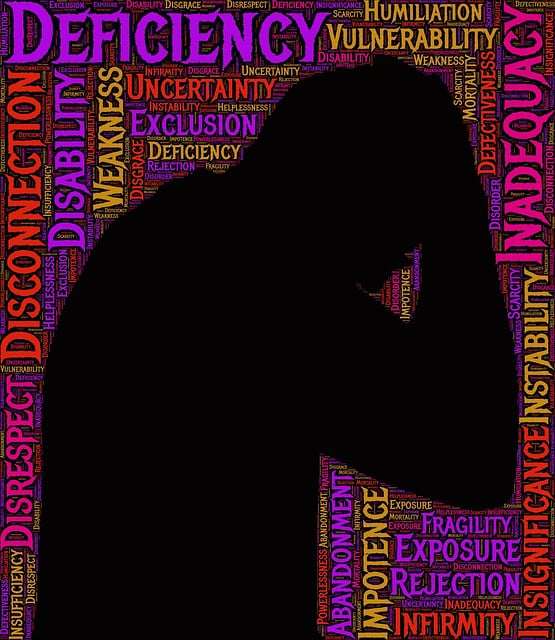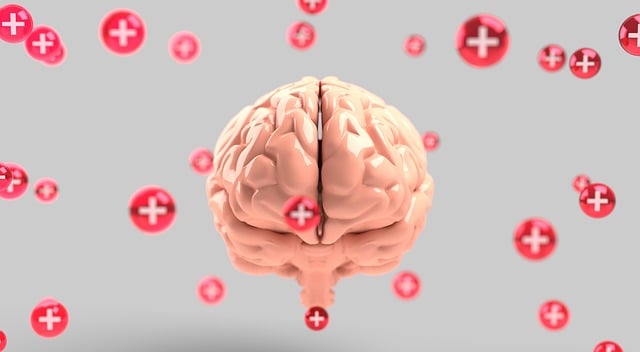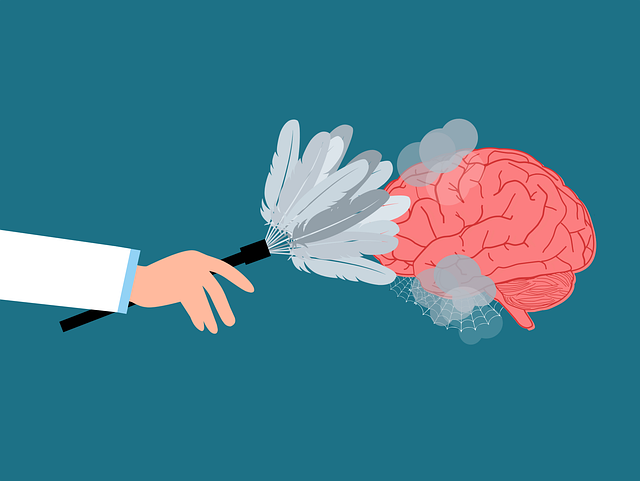Crisis Intervention Teams (CITs) are essential in addressing mental health crises, particularly for individuals with Attention-Deficit/Hyperactivity Disorder (ADD-ADHD), providing immediate support and a holistic approach to crisis management. Their training focuses on integrating therapy for ADD-ADHD evaluations, coping skills development, conflict resolution, and emotional intelligence to de-escalate situations and offer tailored support. This collaborative approach enhances access to specialized treatment, anxiety relief strategies, and advocates for mental health policies, ultimately improving outcomes for ADD-ADHD patients.
“Crisis intervention teams (CITS) play a pivotal role in managing individuals with Attention Deficit Disorder (ADD) or Attention Deficit Hyperactivity Disorder (ADHD), especially during acute crises. This article explores the essential training programs designed to equip professionals with the skills needed for effective CIT responses. We’ll delve into the critical components of these programs, highlighting their practical applications in ADD-ADHD evaluations and management. By understanding the value of CIT training, we can enhance therapeutic outcomes and improve overall care.”
- Understanding Crisis Intervention Teams and Their Role in ADD-ADHD Evaluations
- Key Components of Effective Crisis Intervention Team Training Programs
- Practical Applications and Benefits of Crisis Intervention Team Training for ADD-ADHD Management
Understanding Crisis Intervention Teams and Their Role in ADD-ADHD Evaluations

Crisis Intervention Teams (CITs) play a pivotal role in addressing mental health crises, especially in scenarios involving individuals with Attention-Deficit/Hyperactivity Disorder (ADD-ADHD). These specialized teams are designed to provide immediate support and guidance during intense moments of distress. Typically composed of trained professionals from various disciplines, CITs offer a comprehensive approach to crisis management.
The role of these teams is crucial in ADD-ADHD evaluations, ensuring that individuals receive not only therapy for their symptoms but also the necessary care and resources to manage their conditions effectively. By integrating mental health awareness and advocacy into crisis intervention, CITs contribute to improved outcomes. This holistic strategy involves understanding the unique challenges faced by those with ADD-ADHD and advocating for policies (Mental Health Policy Analysis and Advocacy) that prioritize their Mental Health Awareness, thereby promoting better access to specialized treatment and support systems, ultimately enhancing anxiety relief strategies.
Key Components of Effective Crisis Intervention Team Training Programs

Effective crisis intervention team training programs are multifaceted, aiming to equip participants with a comprehensive set of skills for handling high-pressure situations. A key component involves integrating therapy for ADD-ADHD evaluations to ensure team members can recognize and address underlying conditions that may impact an individual’s ability to cope during crises. This includes understanding the unique challenges faced by individuals with attention deficit disorders, allowing for more tailored interventions.
Additionally, successful programs prioritize the development of coping skills development and conflict resolution techniques. Participants learn strategies to help individuals manage intense emotions, de-escalate conflicts, and promote peaceful resolutions. Equally vital is cultivating emotional intelligence, enabling team members to empathize with those in crisis, build rapport, and make effective decisions under stress. These components collectively foster a supportive environment where individuals can receive immediate assistance while navigating complex emotional landscapes.
Practical Applications and Benefits of Crisis Intervention Team Training for ADD-ADHD Management

Crisis Intervention Team (CIT) training programs offer valuable practical applications and benefits for managing ADD-ADHD symptoms effectively. CIT training equips individuals with essential skills to support those experiencing crises, including emotional regulation techniques tailored for individuals with attention-deficit/hyperactivity disorders. By learning how to de-escalate situations and provide compassionate care, participants gain confidence in their ability to help others manage their ADD-ADHD during stressful or traumatic events.
Moreover, CIT training promotes collaboration among community members, healthcare professionals, and first responders, fostering a supportive network for individuals with ADD-ADHD. This integrated approach not only enhances access to therapy for ADD-ADHD evaluations but also strengthens the overall mental health support system. Effective mood management and depression prevention strategies are integrated into the training curriculum, enabling CIT team members to recognize and address emotional distress promptly. Additionally, community outreach program implementation is encouraged, ensuring a broader reach in providing resources and education tailored to the unique needs of individuals with ADD-ADHD.
Crisis intervention team training programs play a pivotal role in enhancing the management of ADD-ADHD, ensuring effective evaluations and tailored therapy. By equipping professionals with essential skills, these programs facilitate swift interventions, fostering better outcomes for individuals navigating crisis situations. Incorporating interactive workshops, practical scenarios, and comprehensive curriculum, training becomes a powerful tool to build cohesive teams capable of addressing complex needs. Through ongoing education and collaboration, crisis intervention teams can revolutionize ADD-ADHD evaluations, ultimately improving support and quality of life for those affected.














